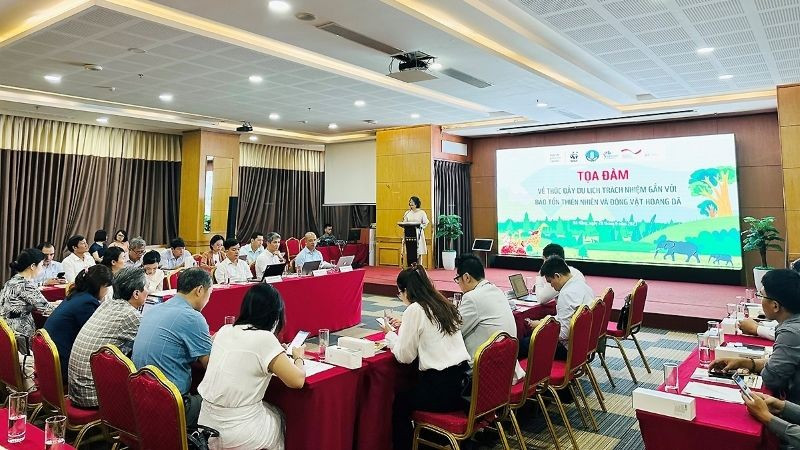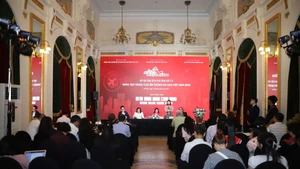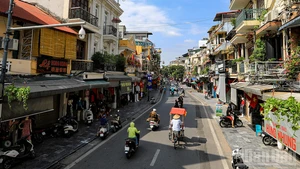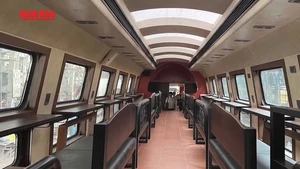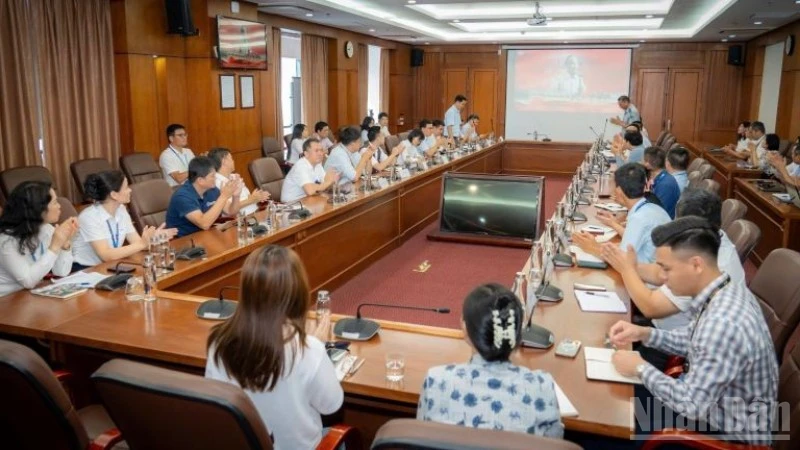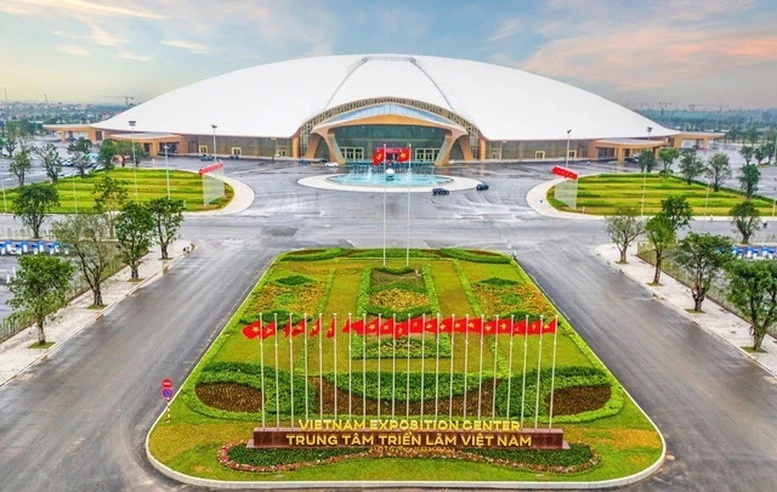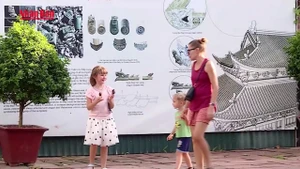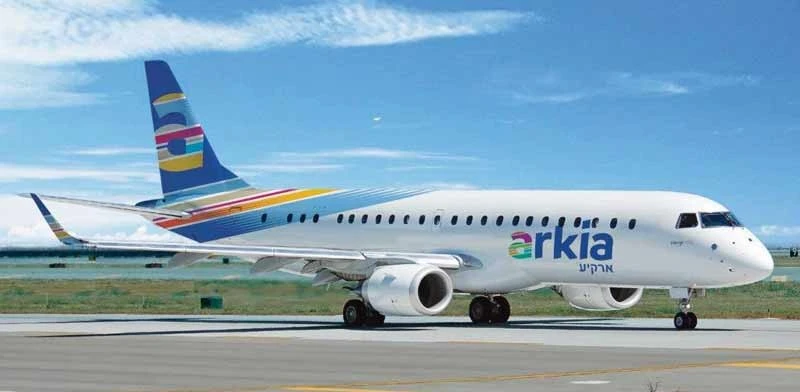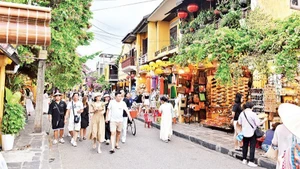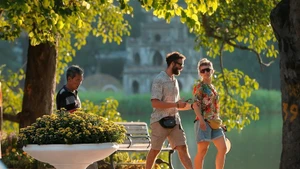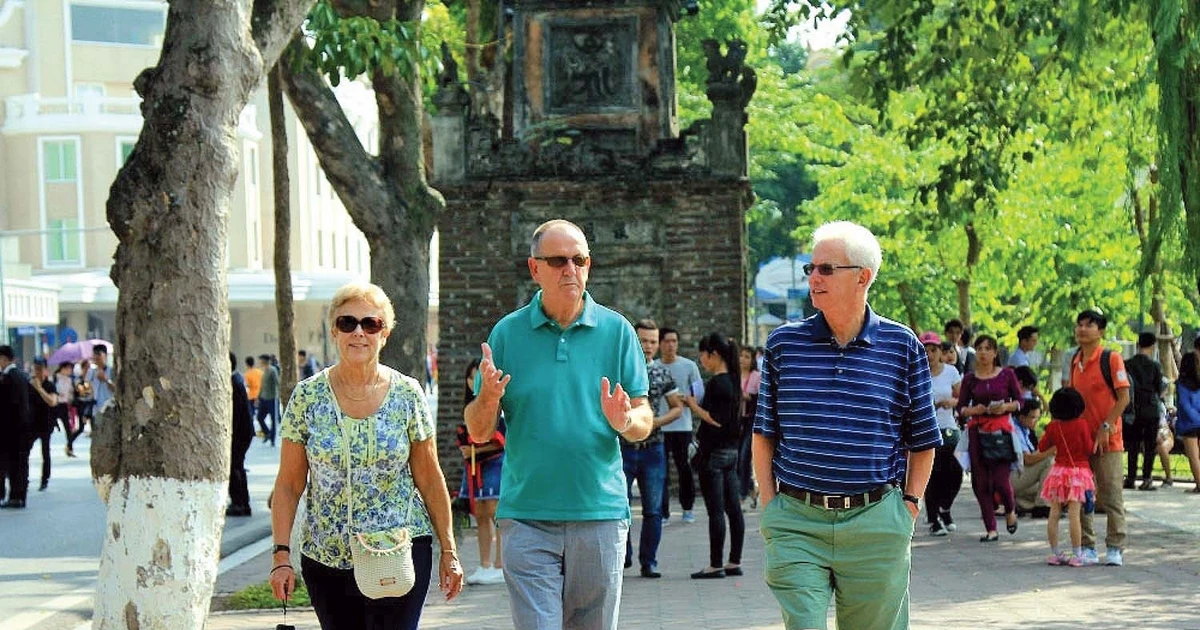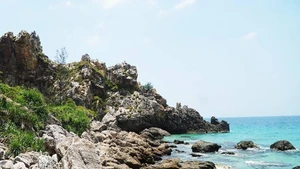On June 20, the forum was held by the Vietnam National Administration of Tourism (VNAT), in collaboration with the CITES management authority of Vietnam and the WWF – Vietnam, in the central city of Da Nang.
Under the framework of the project "Reducing the demand for ivory", the forum aimed to strengthen the coordination between tourism and wildlife management agencies and tourism associations and travel businesses, to promote wildlife protection.
Speaking at the forum, the Deputy Director of the Travel Department under the VNAT Pham Le Thao said, sustainable tourism development has long been identified as a top important goal in the tourism development strategy by 2030.
Over the past years, the VNAT has carried out many practical activities for sustainable tourism development such as developing policies and plans, appraising and approving sustainable tourism development projects, and implementing sustainable tourism development projects, especially the EU Project, which has created a network of European standard tourism vocational training schools and tourism trainers.
In addition, the VNAT has also promoted international cooperation on sustainable tourism and coordination with partners, including the WWF and CITES, to carry out activities to reduce the demand for ivory.
The campaigns on sustainable tourism such as reducing plastic waste in tourism activities and organising training courses on sustainable tourism for management agencies, businesses and workers.
At the forum, representatives from the WWF-Vietnam offered several measures and actions to promote responsible tourism in association with nature and wildlife conservation.
Vuong Tien Manh, Deputy Director of the CITES management authority of Vietnam, also updated on the requirements of international laws and domestic regulations on wildlife protection and ivory.
The experts also shared many other contents including the role of biodiversity and wildlife in tourism, wildlife conservation, the provisions of Vietnamese law on controlling the wildlife trade, responsible tourism in association with nature conservation, the role of guides in responsible tourism practices, and the deviant behaviours of tour guides to related to wildlife trade.
